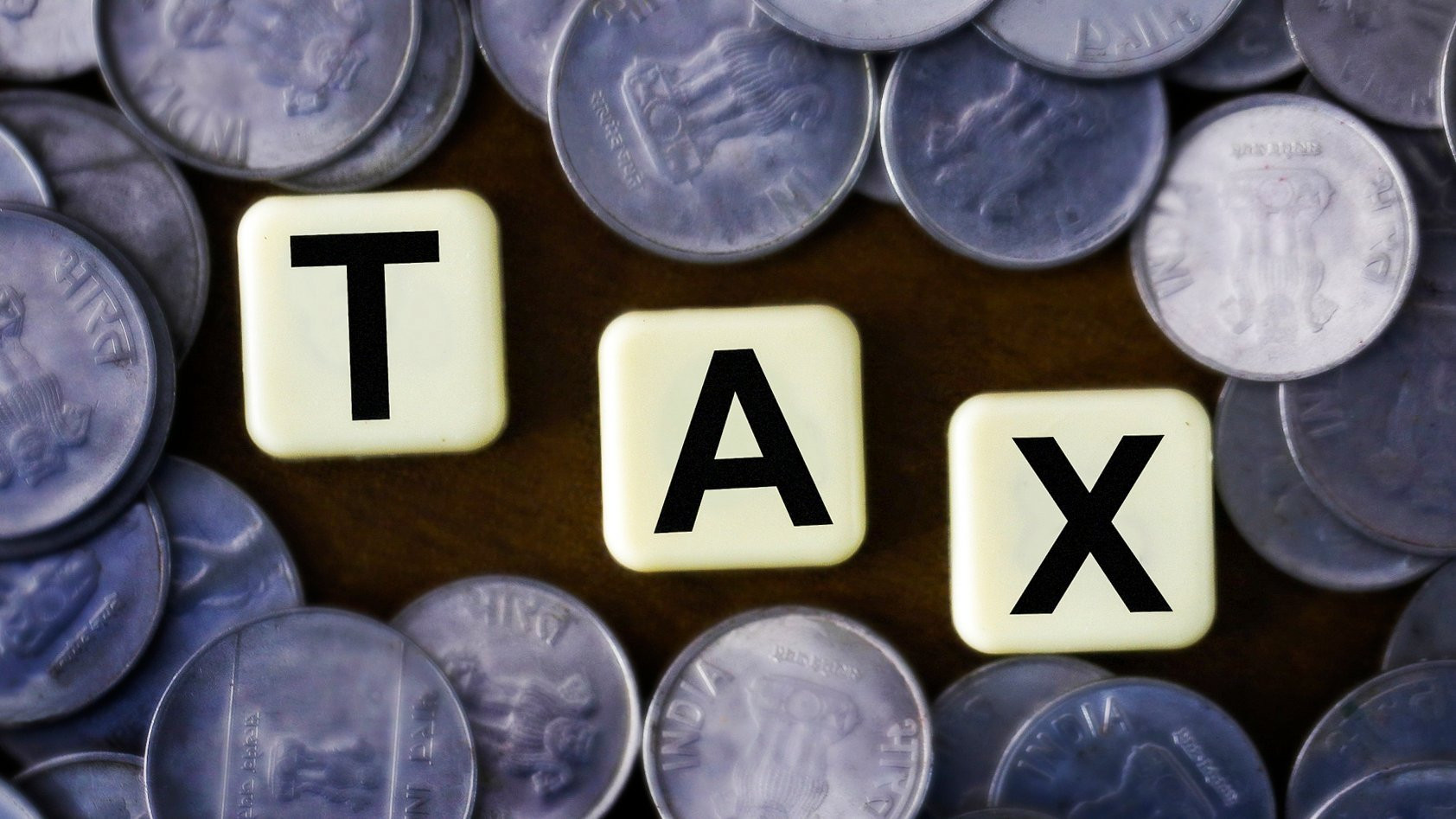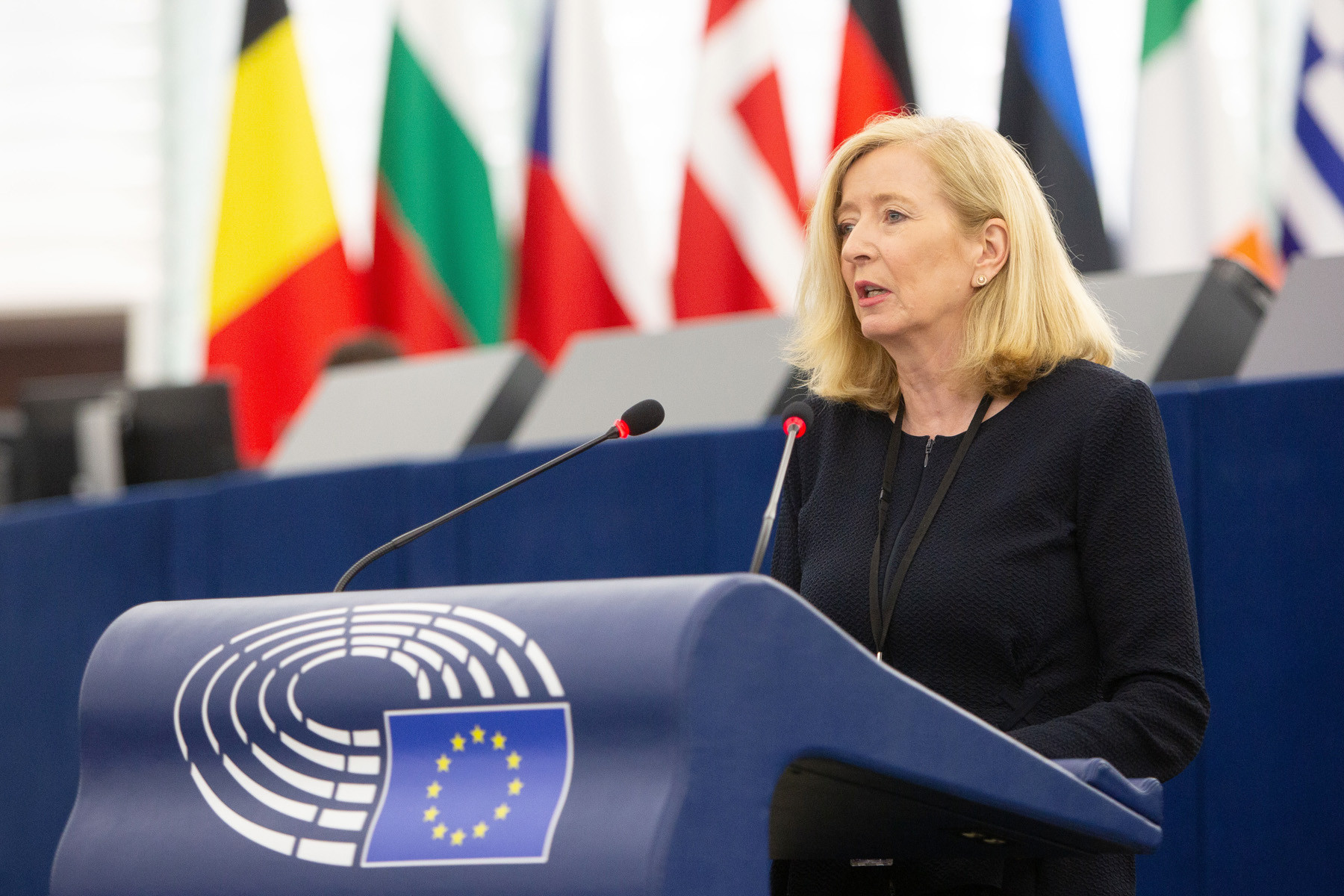A new round of tax reforms in Croatia has been presented this week by the Minister of Finance, Marko Primorac, following a meeting of the Economic and Social Council. The key changes focus on property taxation, rental income, and income tax. The government has unveiled the long-awaited tax reform, which includes changes to six tax laws. These changes will affect income tax rates, the tax-free income threshold, and the introduction of property tax. In an effort to encourage the return of Croatian citizens and address the country’s labour shortage, Primorac announced that individuals who have lived abroad for at least two consecutive years will be exempt from paying income tax for five years upon their return. This tax relief will also apply to descendants of Croatian emigrants from the diaspora. “The aim is to tackle a serious macroeconomic problem we are facing, the shortage of labour. We need to compete for a workforce with other EU countries,” Primorac said, adding that many neighbouring countries are taking similar steps. He also clarified that the idea is not to “favour those who left” but to respond to current challenges through active policies. In 2021, Croatia had just over 80,000 foreign workers; in 2022, over 120,000; in 2023, over 170,000; and this year, Croatia expect close to 200,000 work permit applications for foreign workers. Around 3.4 million Croatians and their descendants are estimated to live abroad and the goal is to target some of them to return. The majority of Croatians in Europe reside in Germany, while in South America, most are found in Argentina. A significant Croatian population also lives in the USA, Canada, and Australia. These countries, along with Austria, Belgium, Sweden, Switzerland, New Zealand, and others, are considered traditional destinations for Croatian emigration. Around 350,000 Croatians live in Bosnia and Herzegovina. These tax changes will come into effect on 1 January 2025. Renters will continue to pay a flat tax, but it will increase significantly for the most attractive parts of Croatia, that is, for the most visited tourist destinations. In some areas it will be six times larger than it is now. The finance minister wants to encourage long-term renting. Barbara Marković, president of the Croatian Association for Family Accommodation, spoke about this on RTL Danas, Index.hr reports. “Well, of course the reactions are quite violent, especially those of the small renters who we now know are the most taxed in the tourism development index. For them, the benefits will be doubled. So, we did the math and we actually see that the benefits are much, much higher and the fees are much higher than they were this year, that is, last year.” Here, for an apartment of about 60 square meters, how much is given to the state and local communities? On average, it was around 1.200 euros. However, we now see that depending on the tourism development index, the new fees may bring an increase of 800 euros, or even a double increase of around 1.200 euros. So it actually doubles. For guests who come directly to the family accommodation, and then all together, there will be additional commissions, agencies, platforms and of course the famous VAT on the commission.” “We are really in cooperation with the members of the association, as well as with the smaller associations in the counties, and of course, we intend to give our proposal and the way we will separate the family accommodation from the commercial accommodation, because we think that these taxes are also a kind of repression on the little people, so on the people who do not earn huge numbers, but for whom it is an additional source of income, and in fact in this way we want to protect these little people, the local population is now our priority,” Marković said. September the 23rd, 2024 – Croatian wages appear set to go up once again as of the very beginning of next year, but who is set to get the highest rise? As Poslovni Dnevnik writes, as part of the new round of tax reforms, the government is planning further hikes to Croatian wages as of 2025’s maiden month. According to so far unofficial information, there are three changes in the works related to personal deduction and tax rates. People who already take home above average salaries should feel the greatest benefits of all. The first measure announced by Finance Minister Marko Primorac back at the beginning of July is the increase of the personal deduction from 560 to 600 euros. That refers to the non-taxable part of a person’s monthly income, for which the plan is currently an increase of 40 euros. Another change, which yet again primarily benefits those already taking home high salaries, is the raising of the threshold for taxation at a higher rate of income tax. Incomes above 4,200 euros per month are now taxed at a higher rate (from 25 to 35.4 percent), and this threshold is set to be increased to 5,000 euros. With this solution, the ruling authorities are meeting the demands of employers that the salaries of highly educated experts be made tax-free. Residents of cities with higher tax rates can expect additional relief when it comes to Croatian wages. According to once again currently unofficial information, the government has plans to continue to lower the maximum income tax rates introduced by certain cities. By far the highest tax rates lie in the City of Zagreb, where the lower rate is 23.6 percent, and the higher rate is 35.4 percent. Primorac is thinking about equating the rates for all local government units so that the lower rate can amount to a maximum of 22 percent, and the higher rate to 33 percent. Otherwise, in most cities and municipalities, the lower rate is 20 percent, and the higher rate is 30 percent. If this idea takes off, apart from Zagreb, tax rates will have to be lowered in Rijeka, Sisak, Gospić, Ludbreg, Vrbovsko, Supetar, Vodnjan and a few other smaller municipalities. The aforementioned tax changes will bring slightly higher Croatian wages to all employees, and those with significantly above-average salaries can expect the greatest benefits, as stated above. As part of the new round of tax reform, the government plans to further reduce the tax burden on wages. According to unofficial information, three changes related to personal deductions and tax rates are being considered, with the greatest benefits expected for citizens with higher incomes. The first measure, which Minister Primorac announced back in early July, is an increase in the personal deduction from 560 to 600 euros. This refers to the non-taxable portion of income, which is planned to increase by 40 euros, reports N1. The second change, which primarily benefits employees with high salaries, is raising the threshold for taxation at a higher income tax rate. Currently, income above 4,200 euros per month is taxed at the higher rate (from 25 to 35.4 percent), and this threshold is planned to increase to 5,000 euros. Plenković: We are holding final consultations on tax reform With this solution, the government is responding to the demands of employers to reduce the tax burden on highly educated professionals. Additional relief can be expected for residents of cities with high tax rates. According to unofficial information, the government plans to further lower the maximum income tax rates introduced by certain cities. Zagreb has by far the highest tax rates, with the lower rate at 23.6 percent and the higher rate at 35.4 percent. Minister Primorac is considering standardizing the rates for all local administrative units so that the lower rate can be no more than 22 percent and the higher rate no more than 33 percent. Otherwise, in most cities and municipalities, the lower rate is 20 percent, and the higher is 30 percent. If this idea takes hold, in addition to Zagreb, tax rates will also have to be reduced in Rijeka, Sisak, Gospić, Ludbreg, Vrbovsko, Supetar, Vodnjan, and a few smaller municipalities. The mentioned tax changes will bring slightly higher incomes for all employees, with the greatest benefit expected for those with salaries significantly above average. How will these tax changes affect the example of an average salary and a salary four times higher than the average for a person employed in Zagreb who does not use deductions for dependents? Tportal writes that calculations show that for an employee with the average Croatian salary, which in July was 1,821 euros gross, the increase in the personal deduction and the correction of the lower tax rate will raise their net salary by just over 23 euros. At the same time, for an employee earning four times the average salary, after increasing the personal deduction, adjusting both the lower and higher tax rates, and shifting the threshold for taxation at the higher rate, the net salary will increase by 194 euros. We will lower the tax rate and directly increase salaries “We estimate that there is room to directly lower this rate (income tax) through a legal decision by the Parliament, at the government’s proposal, and directly increase people’s salaries,” Prime Minister Andrej Plenković said on Thursday, announcing the tax reform. Official information on the proposed tax changes is expected next week, when a clearer picture of their impact will emerge. Last month it was announced that a property tax would be introduced in Croatia and today Minister of Finance, Marko Primorac, outlined the changes. As daily Večernji list reports, Primorac says that the reforms aim to increase the fairness of the tax system. “Property and rental prices are rising sharply due to low taxation, particularly income from rentals, especially short-term rentals. We are also facing a labour shortage,” the minister said. Primorac highlighted several objectives for this tax reform: “We want to improve the property tax system, adjust the tax burden on income from tourism-related, particularly short-term, rentals, continue reducing the tax burden on labour, encourage the return of Croatian citizens to address demographic goals and labour market needs, standardise health insurance contributions for all market participants, digitise and streamline the tax system, and strengthen tax discipline,” he explained. He then listed six legal acts that will be amended: the Law on Local Taxes, the Income Tax Law, the Contributions Law, the General Tax Law, the Law on the Tax Administration, and the Value Added Tax Law. Primorac went through each element of the tax system that is being changed, with the first, and in his opinion, the most important being the improvement of the property tax system. “The property market has moved in an undesirable direction. Properties are being bought not to solve housing issues but primarily for investment, sometimes even for speculative reasons,” Primorac said. This has led to rising property prices and left more than 600,000 properties either vacant or used solely for short-term rentals. “The aim of this reform is to reduce imbalances in the property market. While it won’t drastically reduce property prices, which wouldn’t be desirable, it will certainly send a message,” said the minister. Primorac explained that property tax will not apply to those who use the property or rent it out long-term. The tax will primarily be applied to residential properties but will not apply to properties used for agriculture, production, or non-production activities (in line with the decision on communal fees). The tax will be payable from the day the property is first used. To be exempt, a property must be rented out long-term for at least 10 months a year. Properties that are not fit for functional living will be exempt from the tax, as well as those that cannot serve as living spaces. Legal entities will also be subject to property tax, except those that acquire properties as a replacement for unpaid debts; they will have a six-month exemption period. After this period, tax will also be payable on these properties. Property tax will not apply to buildings serving a public purpose or those intended for the accommodation of the elderly. Additionally, local government units (LGUs) will have the authority to exempt socially disadvantaged citizens from paying this tax. “This doesn’t mean discretionary decisions will be made on a case-by-case basis. Clear criteria must be established, such as income per household member, to determine potential exemptions,” Primorac clarified. The tax will be calculated based on the status of the property on 31st March. If the property is vacant or rented short-term, the tax will have to be paid. The system allows for simple calculation and payment of this tax. “Anyone who does not have a long-term rental contract by 31st March will not be able to meet the 10-month rental requirement by the end of the calendar year, and those individuals will be subject to taxation,” he explained. The Tax Administration will oversee the long-term rental agreements. If a property is sold after the tax has been paid, there will be no refund of the tax, and the buyer will be responsible for paying tax the following year. Fines ranging from €1,000 to €6,000 will be imposed for failing to provide the required data. The state has set the tax range between €0.60 and €8 per square metre, with LGUs deciding how much to charge within that range. If a municipality or city does not make a decision, the 2024 tax rate for holiday homes will apply, Primorac said. “What does this mean in practice? The tax rate per square metre that was applied to holiday homes will now be used, effectively transforming one tax into another,” he explained. If an LGU did not apply this tax in 2024, a rate of €0.60 per square metre will be applied. Part of the revenue from this tax will go to LGUs (80%), while the rest (20%) will go to the state budget. The tax will be introduced from 1st January 2025, but to follow all the procedures, LGUs will exceptionally have until the end of February 2025 to make their decisions. “From the second year onwards, decisions must be made by 15th December of the current year for the following year.” Primorac also addressed the tax on apartments. “The tax burden on long-term rentals is currently around 8.4%, while for short-term rentals, it’s about 2%. In other words, short-term rentals are under-taxed, while long-term rentals are taxed significantly more. This, along with the lack of property tax, has contributed to the negative consequences, making it difficult to arrange long-term rentals,” he said. Primorac announced that the minimum tax threshold for short-term rentals will be increased, with the criterion being the tourism development index, which is divided into four categories. For properties rented short-term in the most developed tourist destinations, a minimum of €150 per bed and a maximum of €300 per bed will be charged. He went on to discuss further tax relief for labour. This will be achieved by increasing the non-taxable portion of salaries, expanding the number of taxpayers subject to lower income tax rates, lowering the upper limit for determining income tax rates, and increasing the amounts of certain non-taxable incomes. The personal allowance will increase from €550 to €600, as will the allowances for dependants and disability. The higher income tax rate will now apply to a base of €60,000 per year, up from the previous €50,400. As a reminder, some key elements of the tax reform are already known. Prime Minister Andrej Plenković announced that municipalities will be able to set minimum income tax rates of up to 20%, smaller towns up to 21%, larger towns and county centres up to 22%, and the City of Zagreb up to 23%. The upper limits will be capped at 30% for municipalities, 31% for towns, 32% for larger towns and county centres, and 33% for Zagreb. The lower limits will remain at 15% for lower rates and 25% for higher rates. Particular attention has been given to the property tax. Plenković clarified that properties rented short-term or left vacant will be taxed between €0.60 and €8 per square metre, with the tax rate and possible exemptions being determined by local authorities.
Luca Rossi
Environmental Reporter
Reporting on environmental issues and sustainability.

















